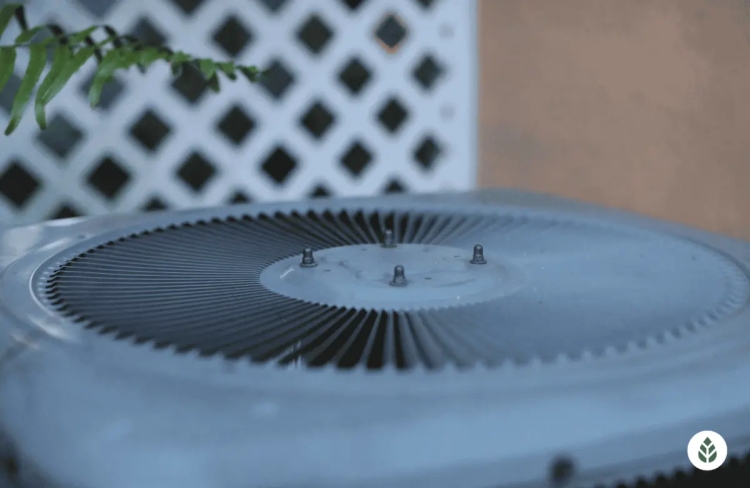The Role of Air Conditioners in Water Damage Problems
Air conditioning systems play a vital role in maintaining indoor comfort, especially during hot and humid weather. However, they can also become a source of water damage if not properly maintained.
Air conditioning systems play a vital role in maintaining indoor comfort, especially during hot and humid weather. However, they can also become a source of water damage if not properly maintained. Understanding how air conditioners contribute to water damage and how to prevent it is essential for homeowners and building managers. This article explores the connection between air conditioning and water damage, offering practical advice to mitigate risks.
How Air Conditioners Can Cause Water Damage
1. Condensation Accumulation
Air conditioners work by extracting heat and moisture from indoor air. This process naturally produces condensation. The moisture collects in a drip pan and is usually drained away through a condensate drain line. If this system becomes clogged or damaged, water can overflow, leading to water damage.
2. Frozen Evaporator Coils
Inadequate airflow or insufficient refrigerant levels may lead to the freezing of evaporator coils. When the system is turned off, the ice melts rapidly, potentially resulting in water leaks that damage walls, floors, and ceilings.
3. Improper Installation
An incorrectly installed air conditioning unit may have drainage issues. If the unit isn’t level, water may not flow properly to the drain pan, causing pooling and eventual leaks.
4. Humidity Issues
An improperly functioning air conditioner may fail to regulate indoor humidity levels effectively. Excessive humidity can promote mold growth, warp wood, and damage building materials over time.
Signs Your Air Conditioner Might Be Causing Water Damage
Water Stains: Visible stains on ceilings or walls near the AC unit are often early indicators of leaks.
Pooling Water: Any water collecting around the indoor unit suggests drainage issues.
Musty Odors: Persistent odors may signal mold growth due to excess moisture.
Increased Humidity Levels: A rise in indoor humidity, despite running the AC, may point to malfunctioning components.
Practical Solutions to Prevent Water Damage
1. Regular Maintenance
Clean the Condensate Drain Line: Regularly inspect and clean the drain line to prevent clogs.
Replace Air Filters: Dirty filters reduce airflow, which can cause evaporator coils to freeze.
Inspect the Drain Pan: Check for cracks or corrosion and replace if necessary.
2. Ensure Proper Installation
Hiring qualified professionals for air conditioner installation is crucial. Ensure the unit is level, and all components are set up correctly to facilitate proper drainage.
3. Invest in a Humidity Control System
Dehumidifiers or advanced HVAC systems with built-in humidity controls can help maintain optimal indoor humidity levels, reducing the risk of moisture-related damage.
4. Monitor System Performance
Keep an eye on the AC’s performance. Unusual noises, frequent cycling, or inadequate cooling may indicate underlying problems that could lead to water damage.
Long-Term Implications of Ignoring AC-Related Water Damage
Failing to address water damage caused by air conditioning systems can have severe consequences:
Structural Damage: Persistent leaks can weaken the building’s structure, leading to costly repairs.
Mold Growth: Excess moisture creates a breeding ground for mold, posing health risks to occupants and further damaging property.
Reduced Efficiency: Water damage can impair the AC unit’s efficiency, leading to higher energy bills.
Decreased Property Value: Visible water damage can deter potential buyers or tenants, lowering the property’s market value.
The Role of Professional Services
Partnering with HVAC professionals for regular inspections and maintenance can help prevent water damage. Professionals can:
Diagnose potential issues before they become severe.
Provide expert advice on humidity control.
Ensure compliance with safety and efficiency standards.
Conclusion
Air conditioners are indispensable for maintaining indoor comfort, but they require proper care to avoid water damage. By understanding the potential risks and implementing preventive measures, homeowners and building managers can safeguard their properties and maintain the efficiency of their cooling systems. Regular maintenance, professional installation, and proactive monitoring are key to ensuring that air conditioning systems enhance comfort without causing costly problems.
Info: service ac jakarta
What's Your Reaction?

















